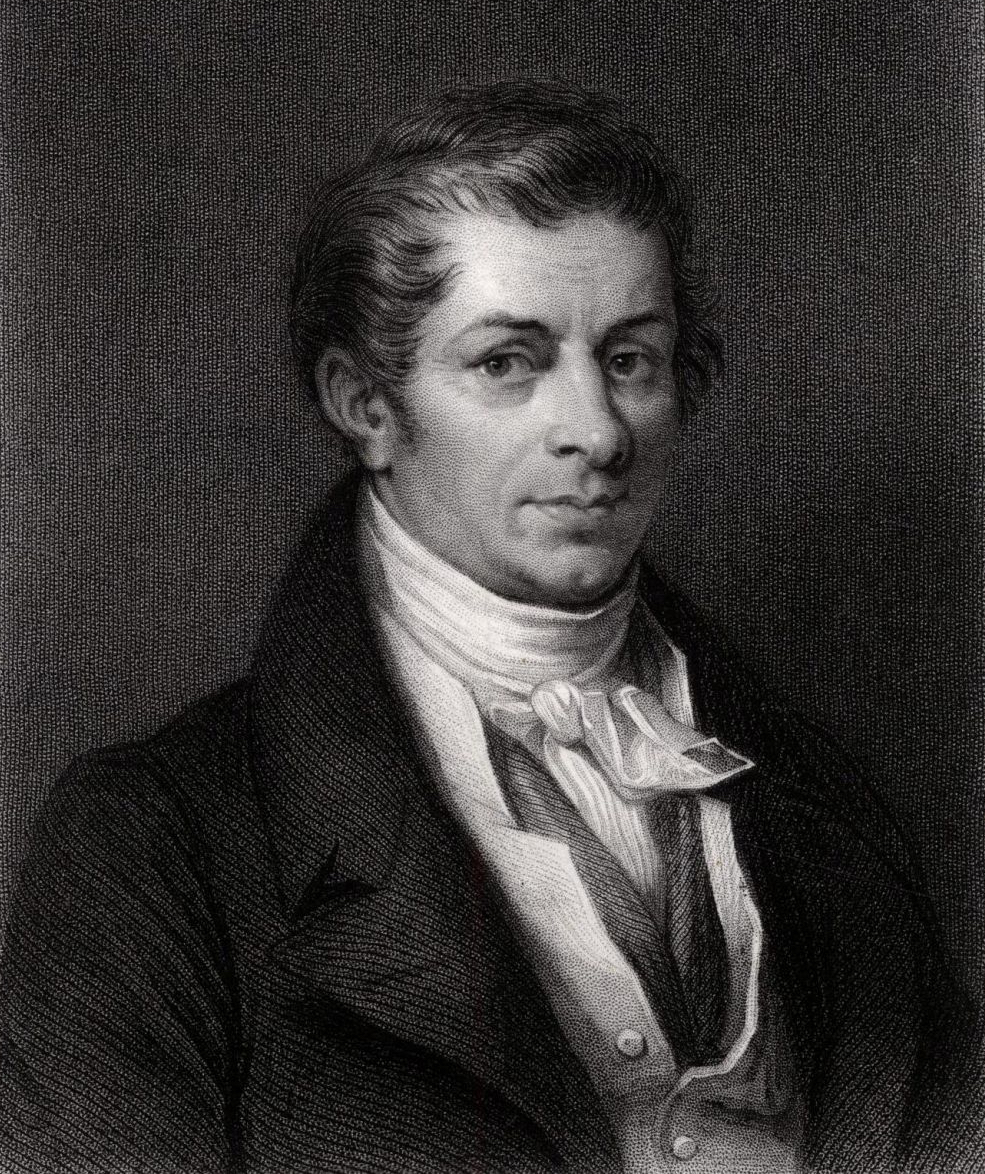Jean-Baptiste Say frases e citações
Jean-Baptiste Say: Frases em inglês
Fonte: A Treatise On Political Economy (Fourth Edition) (1832), Book I, On Production, Chapter XVII, Section IV, P. 196
Fonte: A Treatise On Political Economy (Fourth Edition) (1832), Book I, On Production, Chapter XVII, Digression, p. 159
Fonte: A Treatise On Political Economy (Fourth Edition) (1832), Book I, On Production, Chapter IV, p. 76
Fonte: A Treatise On Political Economy (Fourth Edition) (1832), Book III, On Consumption, Chapter IV, p. 400
Fonte: A Treatise On Political Economy (Fourth Edition) (1832), Book II, On Distribution, Chapter VII, p. 336
Fonte: A Treatise On Political Economy (Fourth Edition) (1832), Book I, On Production, Chapter IX, p. 104
Fonte: A Treatise On Political Economy (Fourth Edition) (1832), Book I, On Production, Chapter VIII, p. 98 (See also: Adam Smith)
Fonte: A Treatise On Political Economy (Fourth Edition) (1832), Book I, On Production, Chapter XIX, p. 213
Fonte: A Treatise On Political Economy (Fourth Edition) (1832), Book III, On Consumption, Chapter IX, p. 481 (See also: Karl Marx, Capital, Volume III, Chapter XXVII, p. 440)
Fonte: A Treatise On Political Economy (Fourth Edition) (1832), Book I, On Production, Chapter XVI, p. 142
Fonte: A Treatise On Political Economy (Fourth Edition) (1832), Book II, On Distribution, Chapter XI, Section I, p. 375 (See also: Thomas Malthus)
Fonte: A Treatise On Political Economy (Fourth Edition) (1832), Introduction, p. xlvii
Fonte: A Treatise On Political Economy (Fourth Edition) (1832), Introduction, p. lvi
Fonte: A Treatise On Political Economy (Fourth Edition) (1832), Book I, On Production, Chapter II, p. 65
“Nothing can be more idle than the opposition of theory to practice!”
Fonte: A Treatise On Political Economy (Fourth Edition) (1832), Introduction, p. xxi
Fonte: A Treatise On Political Economy (Fourth Edition) (1832), Book II, On Distribution, Chapter XI, Section I, p. 372-373
Fonte: A Treatise On Political Economy (Fourth Edition) (1832), Book III, On Consumption, Chapter I, note 2
Fonte: A Treatise On Political Economy (Fourth Edition) (1832), Book II, On Distribution, Chapter VI, p. 323
Fonte: A Treatise On Political Economy (Fourth Edition) (1832), Book I, On Production, Chapter XX, p. 214 (See also: Marketing)
Fonte: A Treatise On Political Economy (Fourth Edition) (1832), Book I, On Production, Chapter XV, p. 138
Fonte: A Treatise On Political Economy (Fourth Edition) (1832), Book III, On Consumption, Chapter VI, Section II, p. 433
“The sea and wind can at the same time convey my neighbour's vessel and my own.”
Fonte: A Treatise On Political Economy (Fourth Edition) (1832), Book II, On Distribution, Chapter IX, Section I, p. 360
Fonte: A Treatise On Political Economy (Fourth Edition) (1832), Book I, On Production, Chapter XIV
Fonte: A Treatise On Political Economy (Fourth Edition) (1832), Book I, On Production, Chapter XVII, Section II, p. 181
Fonte: A Treatise On Political Economy (Fourth Edition) (1832), Introduction, p. l
Fonte: A Treatise On Political Economy (Fourth Edition) (1832), Book I, On Production, Chapter XXII, Section IV, p. 281
Fonte: A Treatise On Political Economy (Fourth Edition) (1832), Book II, On Distribution, Chapter IX, Section I, p. 363
Fonte: A Treatise On Political Economy (Fourth Edition) (1832), Book III, On Consumption, Chapter IX, p. 487
Fonte: A Treatise On Political Economy (Fourth Edition) (1832), Book I, On Production, Chapter III, p. 73
Fonte: A Treatise On Political Economy (Fourth Edition) (1832), Book III, On Consumption, Chapter VIII, Section I, p. 454
